Meet Our Faculty
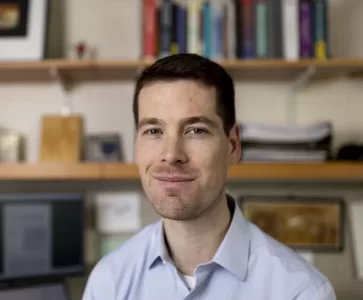
Samuel S. Bird
Assistant Professor of Economics
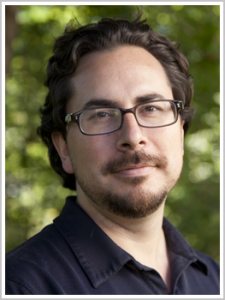
Jason B. Castro
Associate Professor of Neuroscience
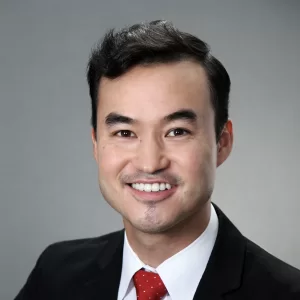
Zen T. Kuriyama
Assistant Professor of Music
Faculty in the News
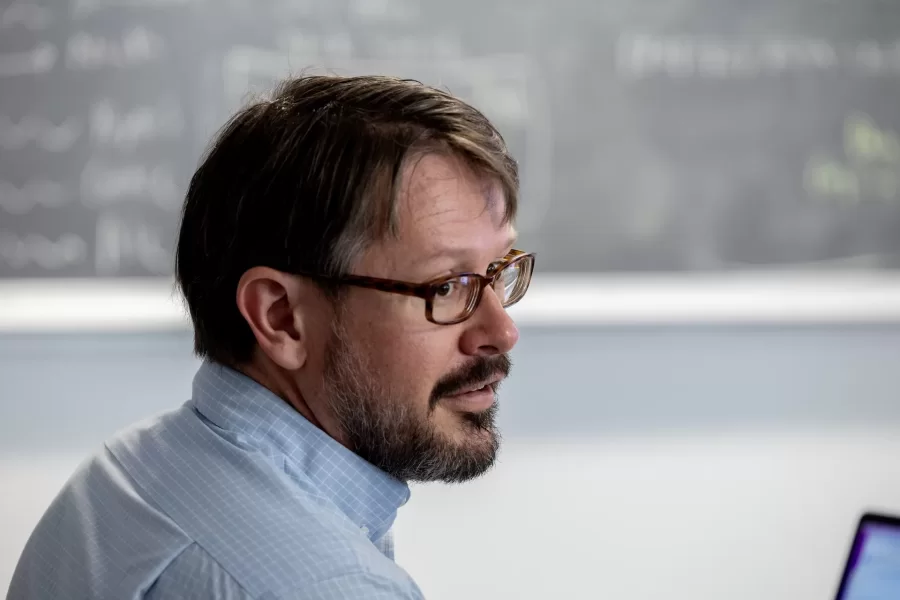
Winter
Aleksandar M. Diamond-Stanic talks “Winter light” with Maine Calling
Associate Professor of Physics and Chair of Physics and Astronomy, Aleksandar M. Diamond-Stanic was a guest on Maine Calling for a show on “Winter Light” on Dec. 19, 2025 in advance of the winter solstice.
Diamond-Stanic, whose research focuses on the evolution of galaxies and the growth of supermassive black holes through cosmic time, was joined on panel by Sarah Tuttle, host and producer of Maine Public Classical and Jessica Miller, host of Weekend Edition and radio operations announcer for Maine Public. His job? Explaining the science.
But he also spoke on the way the approaching solstice is celebrated in his native Serbian culture. He described Slava as a way to celebrate something that we are all experiencing but do not have control over. “Coming together in moments of otherwise darkness to bring light is really human [tendency],” Diamond-Stanic says.
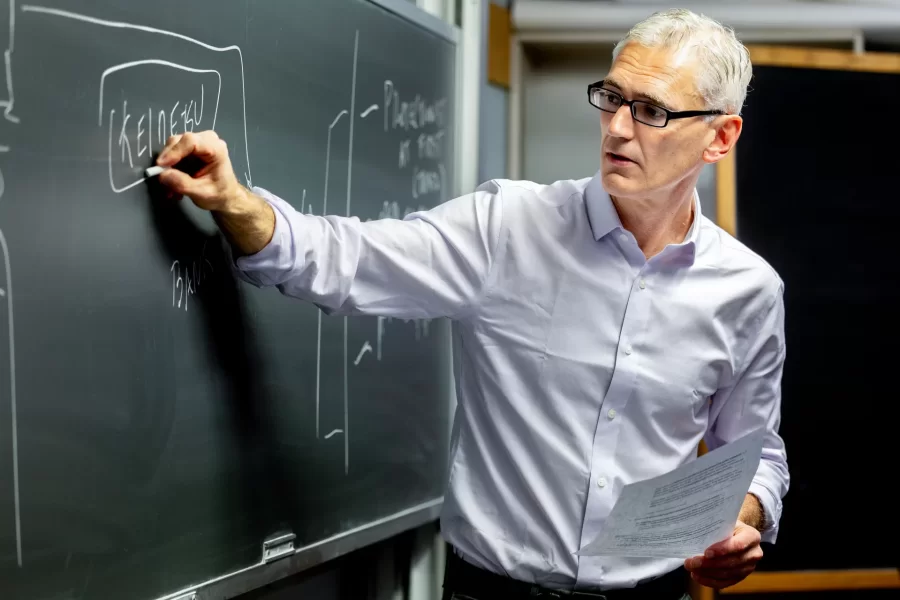
Fall
Francesco Duina, professor of sociology, was featured on Maine Calling on December 2.
Francesco Duina, professor of sociology, was featured on Maine Calling on December 2. Duina’s new book The Social Acceptance of Inequality: On the Logics of a More Unequal World analyzes the ways in which people think about economic inequality—and the reasoning that leads many to accept the disparities around us. Co-edited with Luca Storti, an associate professor of economic sociology at the University of Turin, Italy, Duina’s collection includes voices from across the globe contributing their perspectives on why we justify and accept economic inequality.
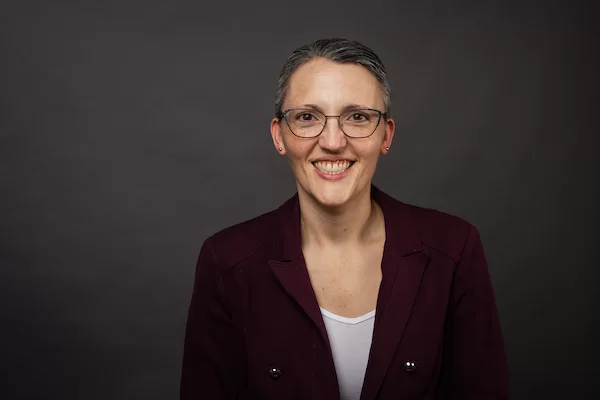
Winter
Joyce Bennett featured in EL PAÍS
Associate Professor of Anthropology Joyce Bennett was quoted extensively in an EL PAÍS story Dec. 22 about Maya weavers fighting back against the appropriation of their ancestral designs by global manufacturers.
“One woman told me she could still feel her mother’s hands over hers when she wove,” Bennett told EL PAÍS reporter Ana Rodríguez Álvarez. “That is the spirituality behind the textile.”
Bennett, who chairs the Anthropology department, has done extensive research on Maya women in Guatemala, tracking their attempts to protect their traditional weavings through intellectual property rights. The National Women’s Weaving Movement of Guatemala has been pushing back on the way national and international manufacturers, often fast fashion brands, have reproduced traditional designs without recognizing their creators or paying them for their designs.
“Global fashion wants inspiration,” Bennett told EL PAÍS. “But what it often does is extraction. They take designs that have been collectively protected for centuries and register them as their own. It is a silent but devastating violence.”
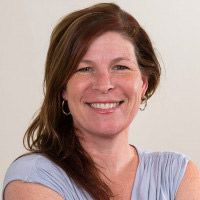
Fall
Stephanie Kelley-Romano talks teaching conspiracy rhetoric on Chronicle of Higher Education podcast
Stephanie Kelley-Romano, professor of rhetoric, film and screen studies, was featured on The Chronicle of Higher Education’s podcast College Matters, a series that examines “how higher education pushes students to wrestle with big ideas.” Kelley-Romano’s popular course, “Conspiracy Rhetoric: Power, Politics and Popular Culture,” was highlighted in the podcast episode “Course Catalog: Decoding — and Fighting — Conspiracy Theories” as one of “the most intriguing and popular courses on the nation’s college campuses.”
“Conspiracy Rhetoric,” which Kelley-Romano is teaching again this fall, focuses on the ways that rhetoric — the art of effective (and often persuasive) communication — shapes conspiracy theories. Kelley-Romano explains that “when students understand how things function rhetorically, then they can see and create rhetorical campaigns.” She told the Chronicle that the course often helps students understand that “when more people have more rights and more support, the entire society does better.”

Fall
Carolina González Valencia’s film funding success highlighted in ‘Deadline’
News of Associate Professor of Art and Visual Culture Carolina González Valencia’s Sundance Documentary Fund grant of $50,000 to finish her film How to Clean a House in Ten Easy Steps was covered in Deadline. The Sundance Institute funded 32 projects this year.
In August, Deadline covered Gonzalez Valencia’s Points North Fellowship, which supports filmmakers in developing their pitches, and invites them to present their works in progress to a panel of funders and distributors at Camden International Film Festival. The film, which is being shot in the U.S., Colombia, and Mexico, is a “hybrid documentary” in which a domestic worker and her filmmaker daughter co-create the fictional character of a writer to uncover the slippage between truth and fantasy. It tells a story about immigration, labor, dreams, and the power of fiction to spark emancipation.